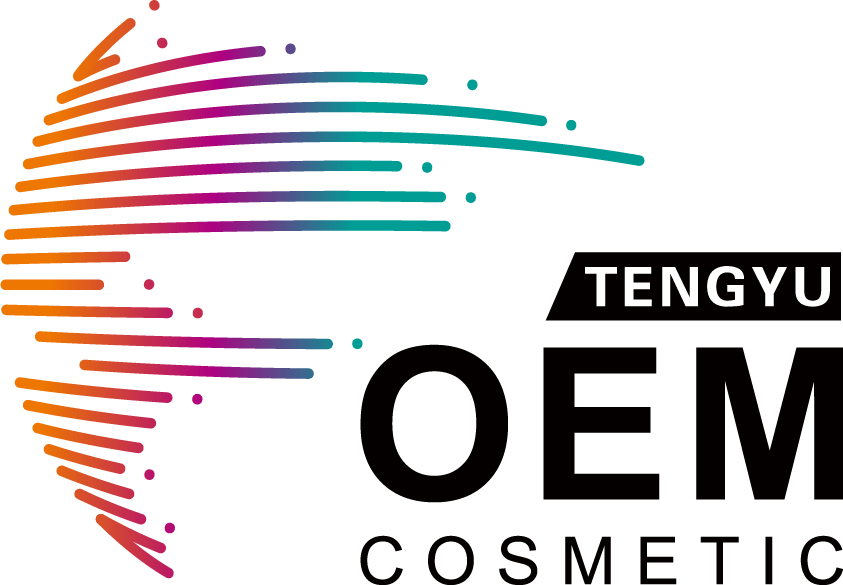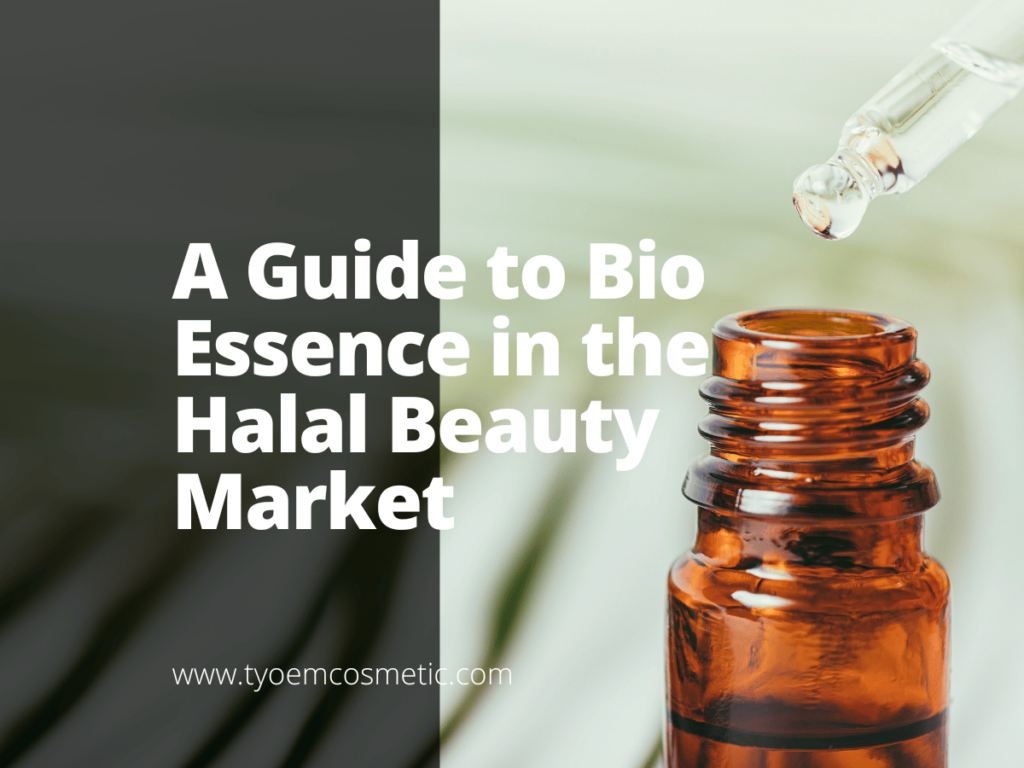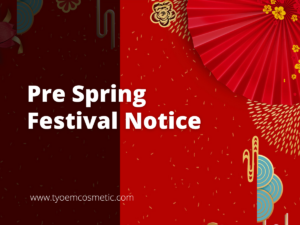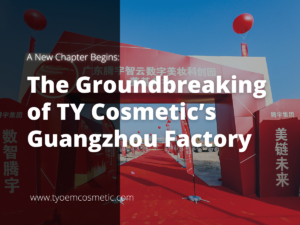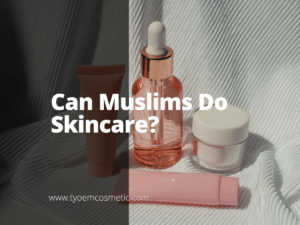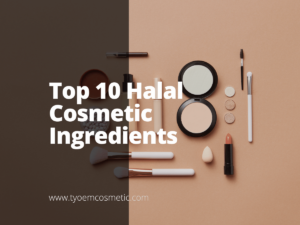Ever wondered about the growing impact of Halal bio essence in the beauty industry? This trend is redefining product formulation standards across markets.
With extensive experience in the industry, our insights can help businesses stay ahead. Understanding these trends is crucial for anyone involved in product development and market strategy.
Halal bio essence is gaining traction for its ethical and skin-friendly properties. This shift is influencing purchasing decisions and product innovation globally.
In this guide, we will explore the advantages of Halal bio essence, its market potential, and how to integrate it into product lines effectively.
Stay tuned for more detailed insights!
1. Understanding Halal Certification in Bio Essence
Halal certification is becoming a key factor for companies aiming to cater to the global Halal beauty market. This certification guarantees that bio essence products are manufactured according to Islamic law, which is a crucial selling point in predominantly Muslim regions and beyond. For businesses venturing into this space, obtaining Halal certification is about opening doors to new markets and customer bases.
This certification process also reassures your clients that the products meet high purity and quality standards. Anyone will agree that Halal certification like Majelis Ulama Indonesia is synonymous with ethical choices and quality assurance for many consumers. By emphasizing these elements, your business can build stronger trust and loyalty among a diverse clientele.
2. Benefits of Halal-Certified Bio Essence Products
Exploring the specific skin benefits of Halal-certified bio essence reveals why these products are increasingly favored in beauty routines. Here are the direct advantages for the skin:
Deep Hydration
Halal-certified bio essence is exceptionally effective in delivering deep hydration to the skin. These products are formulated to penetrate the skin layers thoroughly, replenishing moisture where it’s most needed. This benefit is particularly vital in maintaining skin elasticity and preventing dryness, which are common concerns among consumers.
Enhanced Skin Clarity
Regular use of Halal-certified bio essence can significantly enhance skin clarity. The natural and pure ingredients used in these formulations help in reducing the appearance of blemishes and hyperpigmentation. This results in a more even skin tone and a clearer complexion, which is a key selling point for consumers seeking products that offer visible results. How amazing is that?
Antioxidant Protection
Halal certified bio essence often contains antioxidants that protect the skin from environmental stressors such as pollution and UV radiation. For instance, these antioxidants help to prevent damage from free radicals, which can accelerate skin aging. By incorporating these essences into their skincare regimen, users benefit from a protective barrier that maintains skin health and vitality.
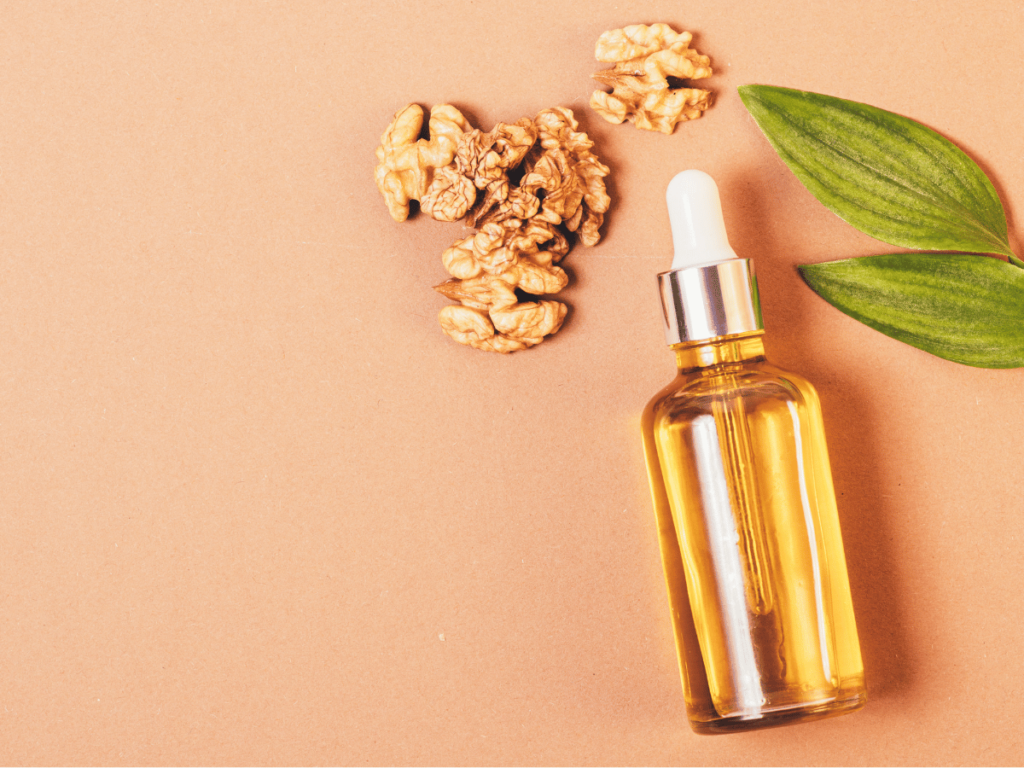
3. Common Ingredients in Bio Essence Products
Following the exploration of the unique benefits that Halal-certified bio essence offers to the skin, it’s intriguing to delve into the ingredients that make these products so effective. Here are some of the most common components:
Aloe Vera
Aloe vera is a staple in many bio essence formulations, known for its soothing and healing properties. This ingredient helps to calm irritated skin and provides a rich source of antioxidants and vitamins that protect the skin from damage. Additionally, aloe vera enhances skin hydration without feeling greasy, making it ideal for all skin types. You must be wondering how a single plant can do so much, right? It’s truly a marvel of nature!
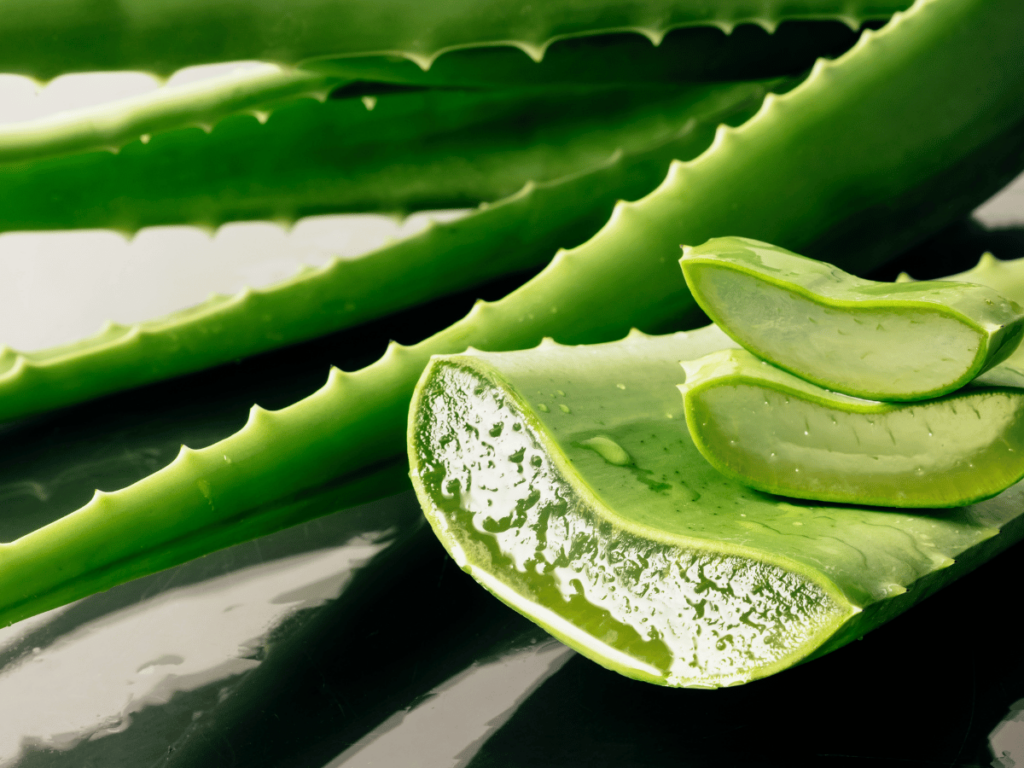
Green Tea Extract
Green tea extract is a standout ingredient in bio essence products. According to PubMed, a 5% concentration of green tea extract is effective in cosmetic formulations. This level helps diminish fine lines and wrinkles while also reducing skin redness and irritation. The polyphenols in green tea also provide a protective barrier against environmental pollutants, delivering a detoxifying effect that maintains the skin’s freshness and vibrancy.
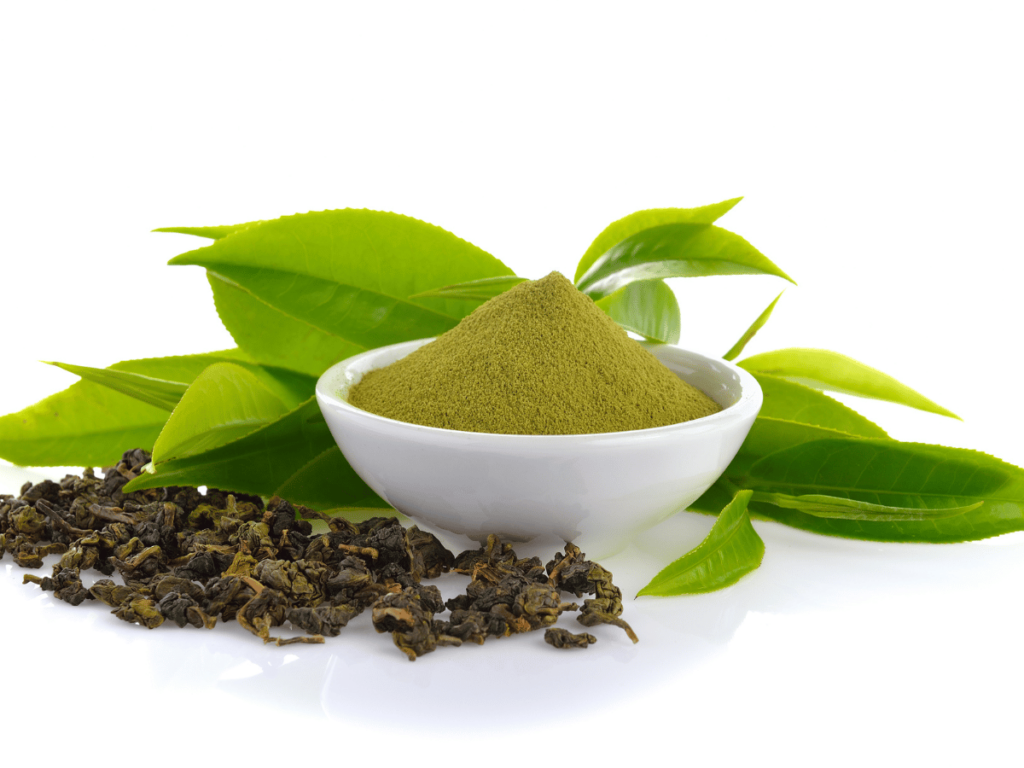
Rose Water
Rose water is incorporated for its calming and hydrating effects on the skin. It provides gentle antiseptic and anti-inflammatory benefits, making it perfect for soothing acne or skin irritation. TY Cosmetic also recognize that rose water also helps maintain the skin’s pH balance and controls excess oil, which can be particularly beneficial for those with oily or combination skin.
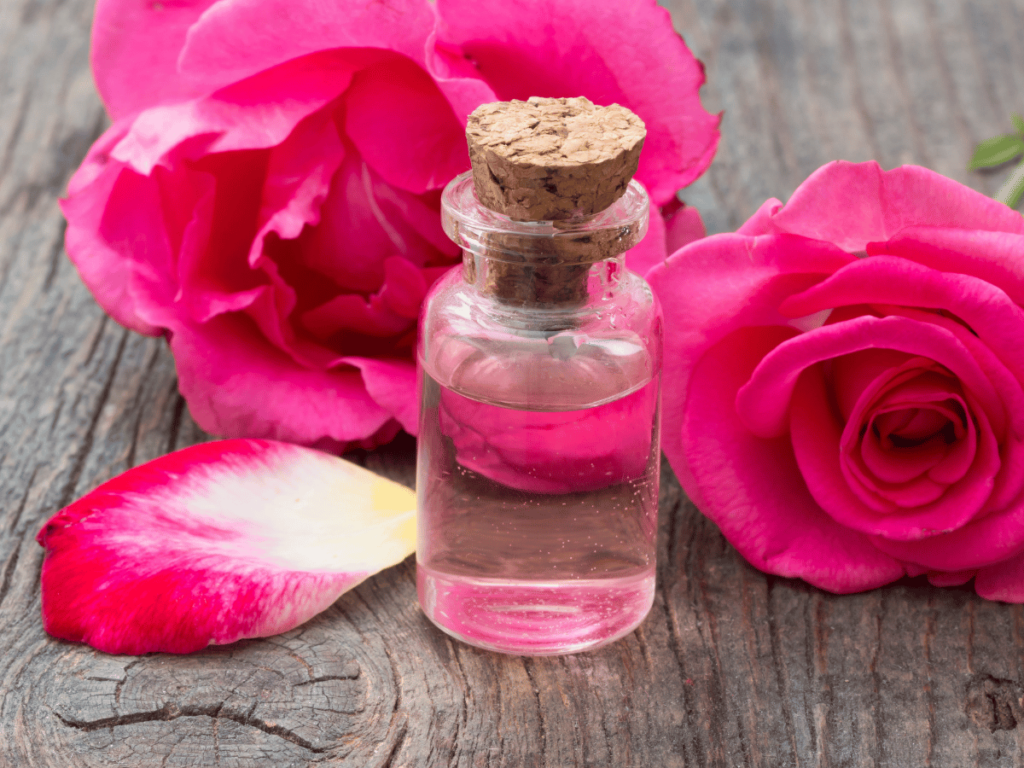
Vitamin E
Vitamin E is widely used in bio essence products for its protective and nourishing properties. It acts as an antioxidant, helping to combat the effects of free radicals produced by everyday exposure to environmental factors. Vitamin E also supports the skin barrier function, improving moisture retention and overall skin health.
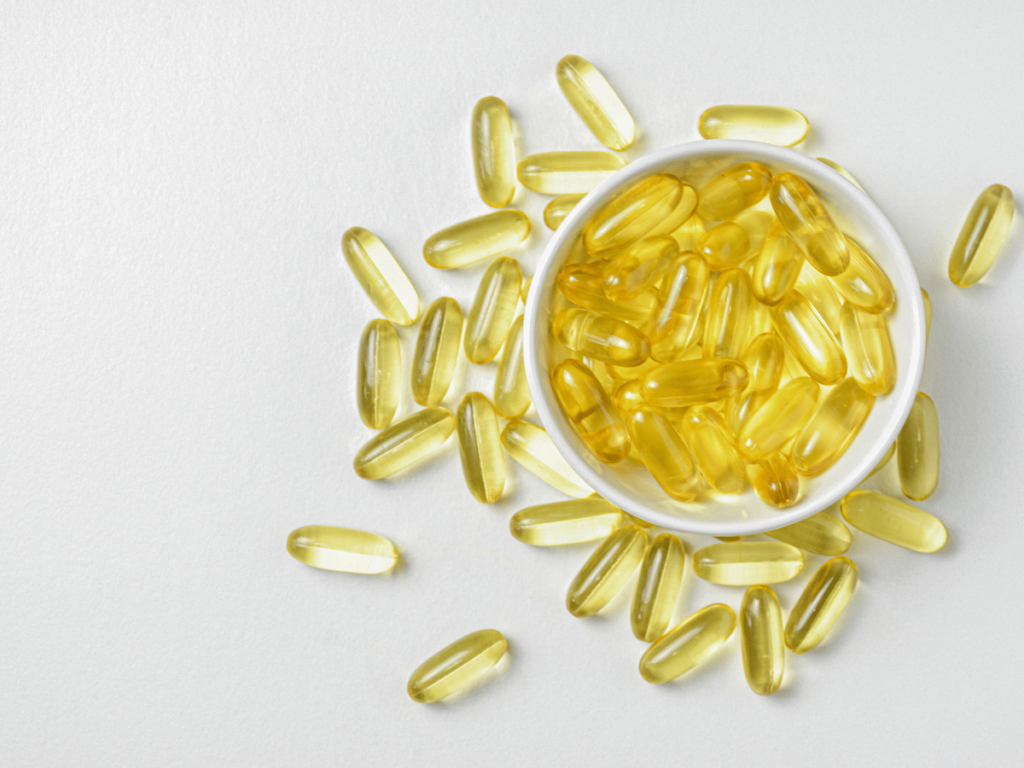
4. The Halal Certification Process for Bio Essence
After identifying the common ingredients that make bio essence products so beneficial, let’s navigate about how these products achieve Halal certification. Here are the step-by-step processes involved:
Step#1 Ingredient Verification
The first step in the Halal certification process is a thorough verification of all ingredients used in the bio essence. Each component must be free from any prohibited substances according to Islamic law, such as alcohol and certain animal-derived ingredients. This stage is crucial as it ensures the foundational integrity of the product, aligning with Halal standards from the very beginning.
Step#2 Manufacturing Process Audit
Once ingredients are approved, the next step involves auditing the manufacturing process. This inspection makes sure that the production facilities adhere to Halal practices, including the cleanliness of the equipment and the avoidance of cross-contamination with non-Halal substances. It’s essential for maintaining the purity of the bio essence throughout its creation.
Step#3 Product Packaging and Handling
After the production process, attention turns to packaging and handling. The Halal certification process requires that the packaging materials and the methods used for handling the product are also in compliance with Halal standards. This step is vital to prevent any possible contamination after production, ensuring the product remains pure right until it reaches the consumer.
Step#4 Certification and Monitoring
The final step is obtaining the official Halal certification and setting up ongoing monitoring. A Halal certification body will issue a certificate if the product meets all the required criteria. Moreover, regular audits are conducted to establish continued compliance with Halal standards. This ongoing vigilance is crucial for maintaining trust and credibility among consumers and clients.
5. Challenges in Producing Halal Bio Essence Products
Following the rigorous certification process that Halal bio essence products must undergo, it’s clear that producing these items is no small feat. Here are the key challenges faced by producers in this unique market segment:
Sourcing Halal Ingredients
One of the first major hurdles is sourcing ingredients that comply with Halal standards. It’s crucial for manufacturers to find suppliers that provide raw materials free of any haram (forbidden) substances. This often requires extensive research and validation to make sure that every ingredient can be traced back to a Halal-certified source. This due diligence is time-consuming and can limit the availability of suitable materials.
Maintaining Production Integrity
Once the ingredients are sourced, maintaining the integrity of the production process presents another challenge. TY Cosmetic suggest that producers must guarantee that there is no cross-contamination with non-Halal substances throughout manufacturing, storage, and transportation. Also, take note that dedicated facilities or strictly segregated production lines are often necessary to meet these standards.
Regulatory and Certification Hurdles
Navigating the regulatory landscape and achieving Halal certification can be daunting. Each certification body may have slightly different requirements or interpretations of what constitutes Halal, creating a complex environment for compliance. Additionally, the ongoing monitoring and re-certification processes demand continuous attention and resources, which can strain smaller operations.
Here’s a table outlining the challenges associated with navigating regulatory and certification hurdles for Halal products, and the implications for companies:
| Challenge | Description | Implication for Companies |
| Continuous Monitoring | Ongoing scrutiny by certification bodies to ensure continued compliance with Halal standards. | Constant monitoring and compliance efforts require dedicated staff and resources. |
| Re-certification Process | Halal certification is not permanent; it requires periodic renewal through re-evaluation. | Regular re-certification demands additional time and resources, which can be particularly challenging for smaller companies. |
| Global Market Entry | Entering international markets with Halal-certified products often involves additional certifications and compliance with local laws. | Expanding into new markets requires significant investment in certification and compliance verification. |
6. 4 Factors to Consider When Choosing Halal Bio Essence Products
Selecting the right Halal bio essence products involves careful consideration of several specific factors. Here are 4 factors to focus on:
#1 Halal Certifications
Ensure the bio essence products carry Halal certifications from recognized and reputable organizations like the Islamic Food and Nutrition Council of America (IFANCA) or the Halal Certification Services (HCS). These certifications confirm that the products not only comply with general Halal standards but are also monitored for consistency and purity specific to bio essences.
#2 Ingredient Purity and Source
Look for bio essence products that explicitly list all ingredients with clear indications of their sources. For instance, prioritize products that use plant-based or mineral-based components, which are less likely to conflict with Halal requirements. Avoid ingredients with ambiguous sources or those derived from animals unless explicitly verified as Halal.
#3 Cross-Contamination Safeguards
Choose products from manufacturers who implement strict cross-contamination measures in their production facilities. This is especially important in facilities that produce both Halal and non-Halal products. Effective segregation in manufacturing and thorough cleaning protocols are crucial to guarantee the integrity of Halal bio essence products.
#4 Skin Benefits Specificity
Assess the bio essence for specific skin benefits that align with your product line, such as anti-inflammatory properties, hydration, or antioxidant protection. Products should offer clear dermatological benefits backed by clinical trials or scientific research, making sure they deliver on their promises and are effective for various skin types.
Dive Deeper Into Our Resources
For some insightful reads, we’ve curated a list of recommended articles just for you:
Still haven’t found what you’re looking for? Don’t hesitate to contact us. We’re available around the clock to assist you.
Conclusion
Exploring the Halal beauty market reveals a significant demand for products like bio essence that adhere to both ethical standards and skincare efficacy. TY Cosmetic is uniquely positioned to meet this demand, providing top-quality Halal bio essence products that blend purity with innovation. Our offerings are designed to cater to discerning consumers looking for ethical beauty solutions that do not compromise on quality.
This guide has outlined the essentials of choosing and using Halal bio essence, demonstrating the importance of these products in today’s beauty industry. Leveraging TY Cosmetic’s expertise can help businesses tap into this lucrative market effectively. Contact us today to explore how our Halal bio essence range can enhance a product lineup and satisfy the clients needs.
